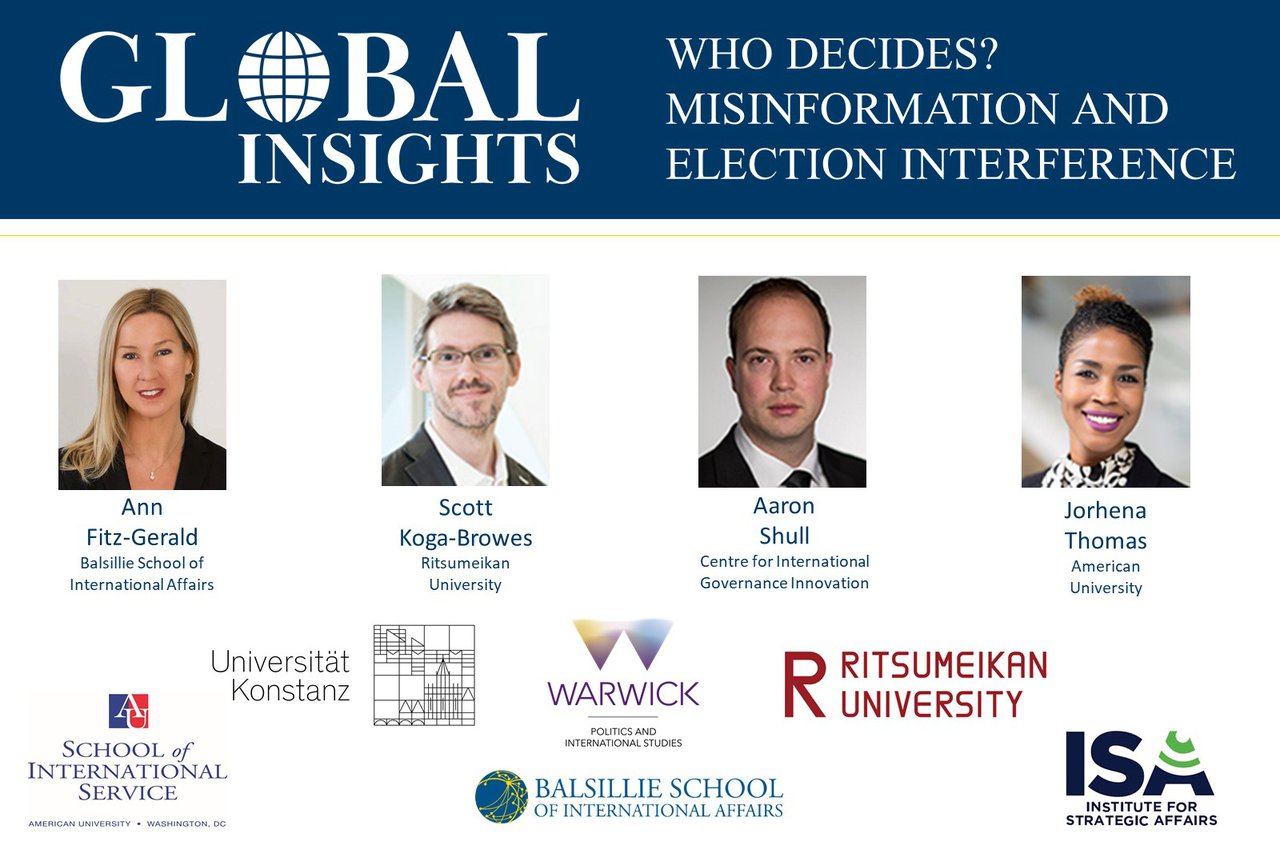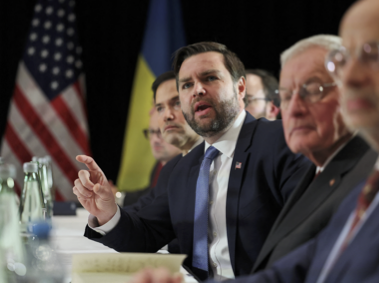In an ideal world, a democracy elects its leaders by having its citizens participate in a careful, critical and thoughtful comparison and selection of competing parties, platforms, policies and personalities. This process of analysis and selection depends fundamentally upon access to objective information, a fair and unbiased press and media, political candidates and leaders speaking truthfully, and social norms privileging evidence, expertise and rational decision making.
However, recent major elections have been plagued by the presence — and, sometimes, blatant celebration — of lies, untruths, misinformation and accusations of election interference and fraud, perpetrated by domestic and foreign parties alike. As a result, the basic foundations of democracy have been shaken to their core, as misinformation, emotionality and fear-mongering are used as tools to manipulate electoral processes.
As the world awaits the result of the looming 2020 US election in an atmosphere of “post-truth politics” amplified across social media platforms, this Global Insights panel questions how we have arrived at this strange and troubling point in democratic decision making, and how we might escape from it. If the electorate is not accurately informed, and if the media, politicians and experts cannot be “trusted,” then who or what is ultimately deciding the outcome of leadership contests in modern democratic states?
Panellists:
Scott Koga-Browes, Graduate School of International Relations, Ritsumeikan University
Aaron Shull, Managing Director and General Counsel, Centre for International Governance Innovation
Jorhena Thomas, Adjunct Professorial Lecturer, School of International Service, American University
Moderated by Ann Fitz-Gerald, Director, Balsillie School of International Affairs



